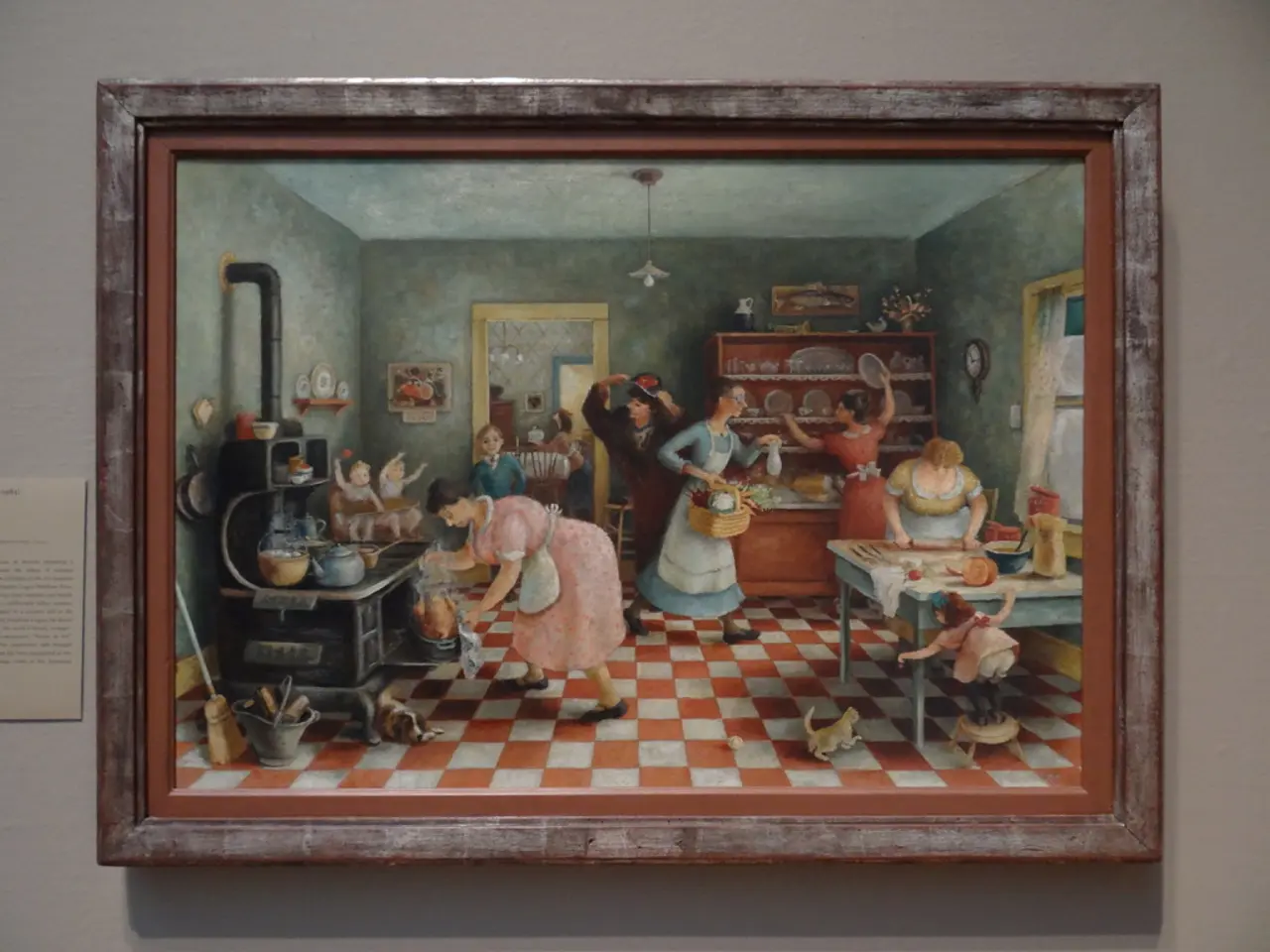Economic Struggles Persist in the Realm of Arts and Creativity
In the six months following the lockdown, the creative industries have experienced a significant decline, with working hours collapsing across various sectors. This is according to a study conducted by the PEC and the Centre for Cultural Value, who used data from the Labour Force Survey of the Office for National Statistics.
The initial findings show that workers in the creative industries have been hit hard by the COVID-19 pandemic and lockdown. The number of workers in music, performing, and visual arts dropped by almost 30%, resulting in a staggering 55,000 job losses. This represents a 30% decline in this sector.
Moreover, approximately 110,000 people left the creative industries between Q1 (January-March) and Q2 (April-July) in 2020, accounting for around 8% of the workforce. Shockingly, 15% of people who worked in creative occupations in January-March in 2020 were no longer working in creative occupations in April-June.
Live performance venues, museums, and galleries have closed for long or indefinite periods, further exacerbating the economic woes of the sector. Film and television production has halted, and policymakers and industry stakeholders struggle to understand the exact scale of the pandemic's impact on employment within the sector.
However, it's not just about the numbers. It's also important that we listen to the experiences of people working in the sector over the pandemic. The project will develop case studies for specific institutions and places as well as document the stories and experiences of creative workers.
The creative industries and cultural sector have experienced significant impact due to COVID-19. As we move forward, it's crucial to address the Equity Gap in Britain's Creative Industries and understand the implications of these job and hours reductions on specific demographic groups.
The 2025 Spending Review has implications for the creative industries, and the creative industries are driving environmental sustainability, but the ways in which they can do so meaningfully are being explored.
The Global Creative Economy Council, led by Marta Foresti, is engaging in conversations between the Global North and South to unsettle and reorder the creative economy. The co-location of the creative industries with other industrial strategy priority sectors is being studied, and AI is reshaping the creation and sharing of culture, raising questions about who gets to create and whose voices are heard.
This piece will be the first in a series from the PEC and the Centre for Cultural Value examining the data on job losses over the past year. As we delve deeper into the data, we must also remember to listen to the voices of those working in the sector to gain a comprehensive understanding of the impact of the pandemic on the creative industries.
Read also:
- Peptide YY (PYY): Exploring its Role in Appetite Suppression, Intestinal Health, and Cognitive Links
- Toddler Health: Rotavirus Signs, Origins, and Potential Complications
- Digestive issues and heart discomfort: Root causes and associated health conditions
- House Infernos: Deadly Hazards Surpassing the Flames








